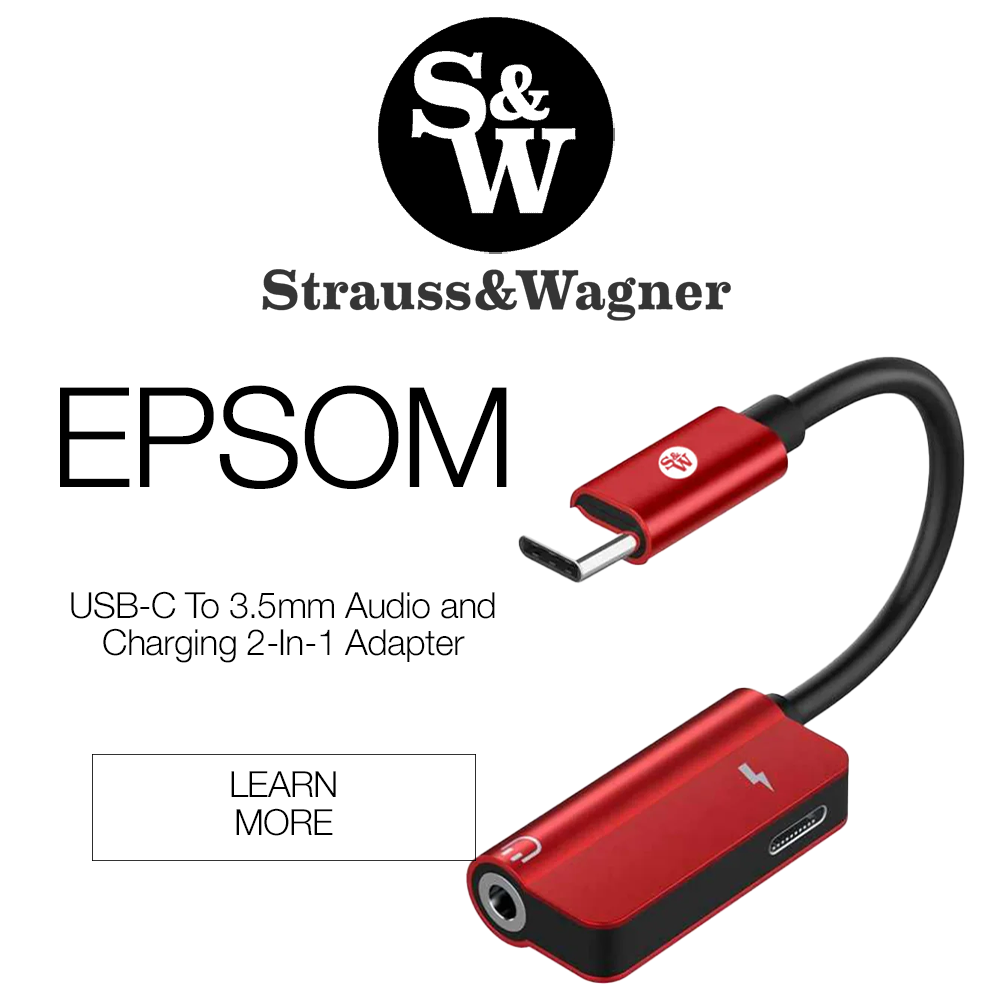Shopping for headphones and checking the specs are just like shopping for food and checking the nutritional value. You totally know what sugar and Bluetooth are, but what the heck are Pyridoxine and aptX codecs? Well, the former is the chemical name of vitamin B6 and the latter is a program that affects data. For those of you buying into the wireless headphone market, you’ll need to understand what are codecs to get the best bang for your buck!
What are Codecs? (Bluetooth Codecs, Audio Codecs Explained)
What are codecs? Codecs are programs that can be used to compress large files for faster transmission and decompress larger received files. When it comes to audio and video use, codecs can be used to send a large file like a movie.
Types of Audio Quality
In order to understand the types of codecs used in your wireless headphones and what they can do, you’ll need to understand the various types of audio quality. There are uncompressed, lossless (compressed) and lossy (compressed).
Uncompressed means this type of music file is the exact as the original. There is no compression, no loss of data, and subsequently a very large file that takes up a lot of space.
Lossless means this type of music file is essentially the same as the original. In fact, it is an identical copy, with minimal loss in data. It subsequently has a shorter processing time than that of an uncompressed file and doesn’t take up quite as much space either.
Lossy music files are rather small in comparison to uncompressed and lossless files. Larger chunks of data are “missing” making it much easier and quicker to process. This is the most common format used by consumers.
Different types of codecs fall into different categories of audio quality based on how much data can be transferred, how fast it can be transferred, and whether you’ll be losing itty bitty pieces of information in the process.
Types of Codecs
Uncompressed files usually consist of WAV files as (LPCM) linear pulse code modulation format and AIFF (Audio Interchangeable File Format) which is made by Apple so it’s used in Apple products.
Lossless files consist of FLAC (Free Lossless Audio Codecs) and ALAC (Apple Lossless Audio Codec) specifically for Apple devices.
Lossy files consist of most commonly MP3 (MPEG Audio Layer III), AAC (Advanced Audio Coding) in Apple devices, and WMA (Windows Media Audio).
So now that you understand the types of files you can listen to you can understand how the types of codecs in your Bluetooth headphones will make a difference.
Bluetooth Codecs
In terms of Bluetooth, codecs determine the type of connection and type of audio quality will be transmitted from your source to your headphones. It’s basically how your Bluetooth headphones will receive the audio from your transmitter. In order for headphones to even do so they must act under a specific Bluetooth profile. That would be A2DP (Advanced Audio Distribution Profile) – optimized for audio transmission over Bluetooth. The first codec was SBC (subband coding) it is mandatory among all A2DP devices, but it’s not the best for audio transmission. SBS handles transfer rates up to 320 kbps.
AptX is the codec commonly seen on the boxes of high-quality wireless headphones today. That’s because the manufacturers want you to know that this headphone can reproduce music with CD-like quality – which is very good. AptX is at 16 bit/48 kHz at 352 kbps. There’s also aptX HD, which processes at 24 bit/48 kHz, but at 576 kbps. These codecs are considered lossy, but they do a great job of delivering smooth music to your ears (in a manner much better than SBS too).
Advanced Audio Coding (AAC) is the codec you’d commonly find implemented in Apple devices. This codec is also supported by Apple’s iTunes, YouTube, and Sony’s PlayStation 3. AAC’s transfer rate is at 250 kbps which is said to be more similar to mid-quality MP3 files.
Seeing ether aptX, aptX HD, or AAC on the box of your wireless headphones is a great indicator that your cans will deliver CD-like quality. If it doesn’t include this information make sure your find out before purchasing so that you aren’t paying for poor audio transmission.
Hope you now can answer the questions “What are codecs?” If you have any comments or questions give us a shout in the comments section.
MAJORHIFI may receive commissions from retail offers.







